I knew the male gaze would someday fade away, as surely as the headiness of a new shoe purchase does. So I wasn’t overly bothered when, in my early 50s, men’s eyes began to go right through me like X-ray vision. Much more disconcerting was becoming invisible to other women. Now that was unexpected.
I noticed this for the first time at a Zumba class when I moved to a new hometown. I was trying to make some friends—something I’ve never had trouble doing. But many of the women in the class were younger than I am. I would hear them chat about teachers they liked at the elementary school, about finding babysitters, about kids who were excelling at swimming or struggling with the birth of a new sibling. Since my kids were in college, I didn’t have common ground with them, but I’d still try to start conversations—usually about the workout, the town, how my kids behaved when they were younger. But my attempts went nowhere.
I was surprised that I could get the blind-eye from a bunch of women. Maybe they saw me as their mother’s age and didn’t need another mom figure in their lives. Once—after about a year of twice-a-week Zumba—I saw a woman from my class at the post office and smiled at her. She looked startled and gave a wary smile in return. I could tell she didn’t recognize me. Ouch.
Why didn’t she know my face? At the next Zumba class, I looked at the women she talked to before class started. Actually, I looked at the whole social sorting of the class. I noticed that clusters formed around the most attractive women—those in the best physical condition and particularly vibrant—like crows drawn to shiny objects. I also realized that quite a few women like me were standing around alone or maybe talking to one other person.
Read More: Midlife Identity Crisis: Am I the Woman I Thought I Was?
Am I Making Other Women Feel Invisible?
It hit me that I had been so focused on the younger women, the ones who looked like I wanted to still look, that I was guilty of the very sin I felt had been committed against me. I was overlooking them, especially those older than me—women in their late 60s, or 70s, even 80s. I assumed I had nothing to talk about with these women, that we were in different life stages. It was a revelation, a palm-smack-to-the-forehead moment. I immediately worried that I might have passed one of the older women in the supermarket without recognizing them from Zumba class.
The music started, and I confess that my cumbia and merengue moves were worse than usual that day. I kept thinking of how I could have been so blind, how any of us could fall into that. Maybe subconsciously we still want to be in the cool group—like in high school. We want to surround ourselves with people who reflect well on us. It’s as if we think the physical traits of the greater group will rub off on us. If we associate ourselves with women who are visibly older than we are—grayer hair, deeper wrinkles—maybe people will assume we’re in the same demographic. But if younger people take us into their crowd, we hope that we’ll absorb some of their vitality.
Righting the Wrongs
As soon as that Zumba class ended, I walked up to a woman who must have been in her early 70s. “It looked like you were having a lot of fun,” I said, wiping sweat from my forehead.
“I just love Zumba,” the woman, Bobbi, said. “I used to teach dance for years.” We then talked about her years as an instructor and about a time just after college when she was in New York pursuing her career. That’s something we had in common, though: She was in New York in the 70s; I was there in the 80s.
Every Zumba class after that, I made a point of speaking to someone around my age or older. I now have a couple of good friends I see regularly outside the YMCA and a whole new range of workout buddies I chat with every week in class or the locker room. What’s more, I have a new understanding of how this invisibility thing works and how to confront it. When we feel lonely and overlooked, we want someone to do something—but the thing is, we are that “someone.” And we can do something simple: Just open up our own eyes to women of all ages.
Read More: Your Inner Power: Why Intuition Gets Stronger with Age

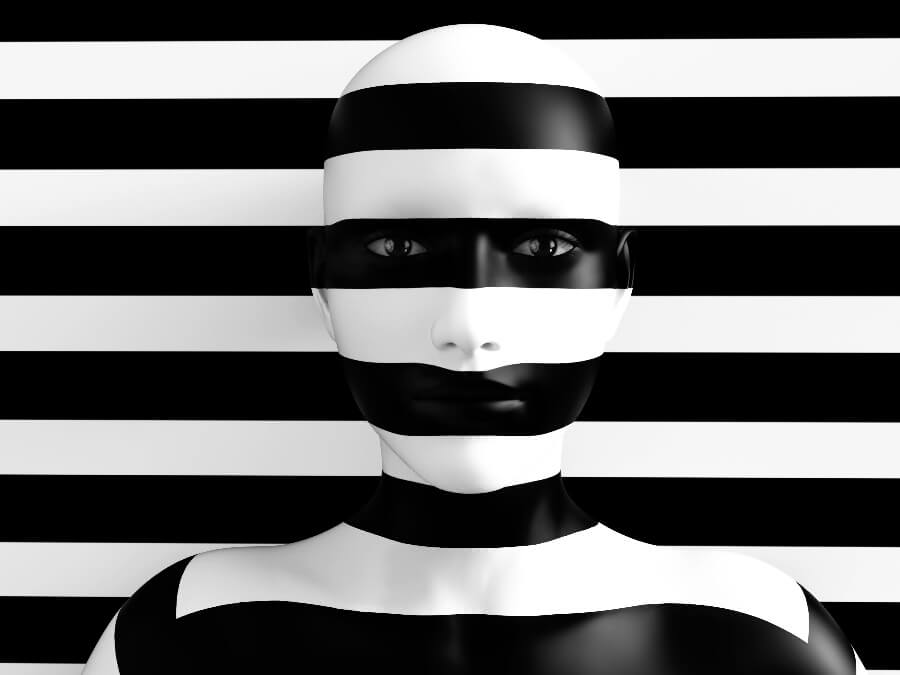
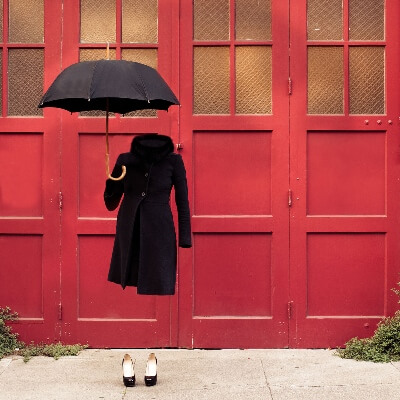


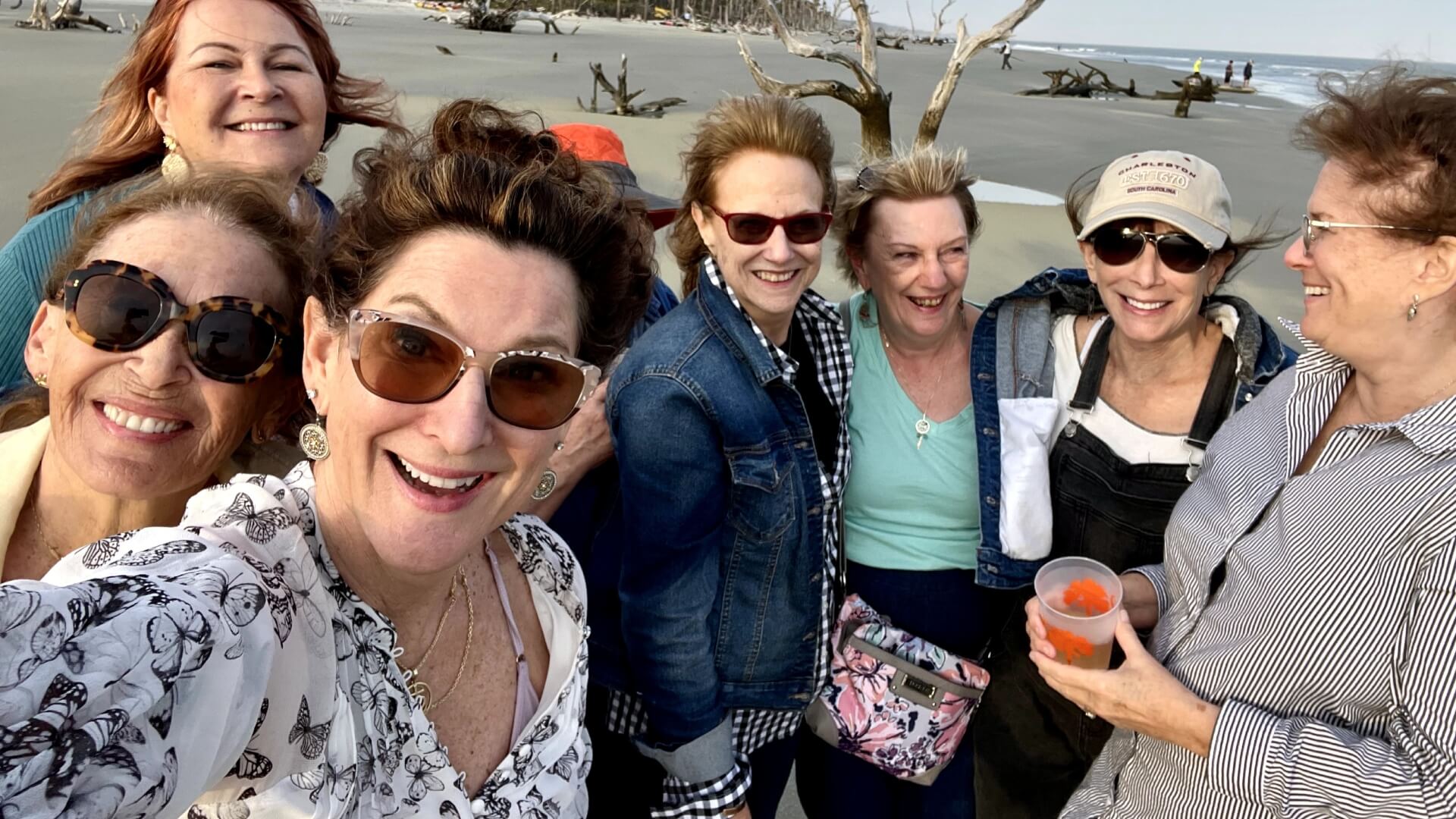

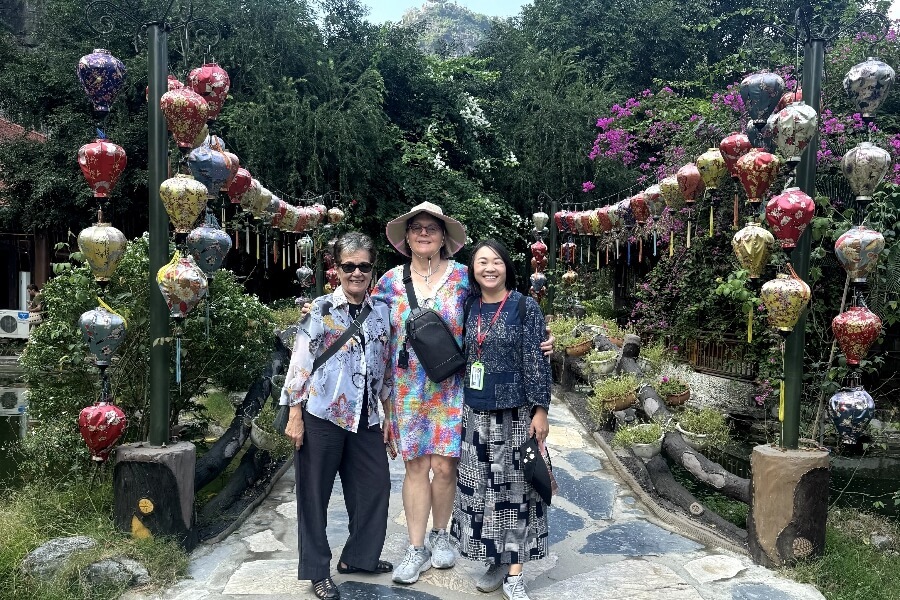
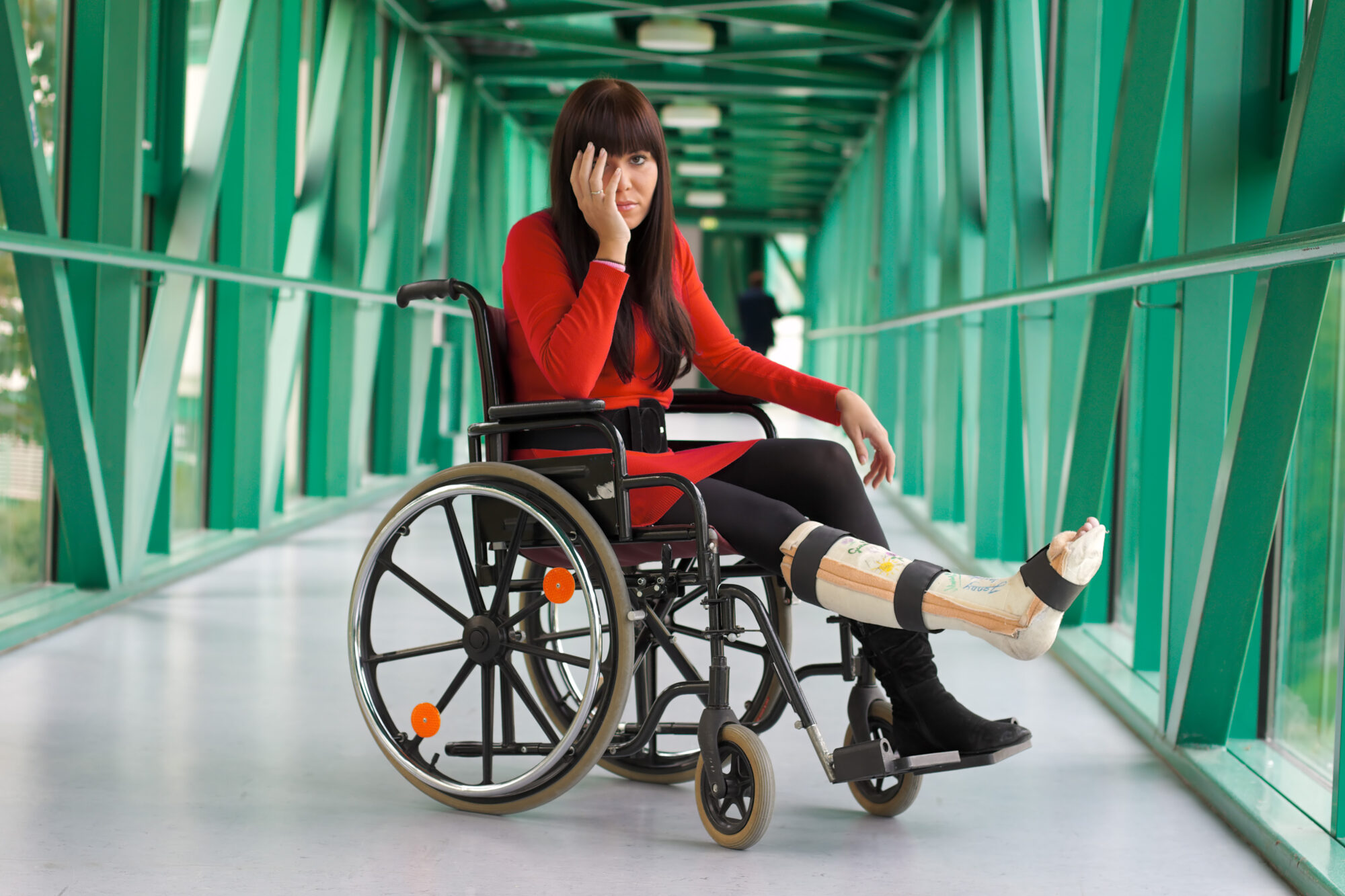
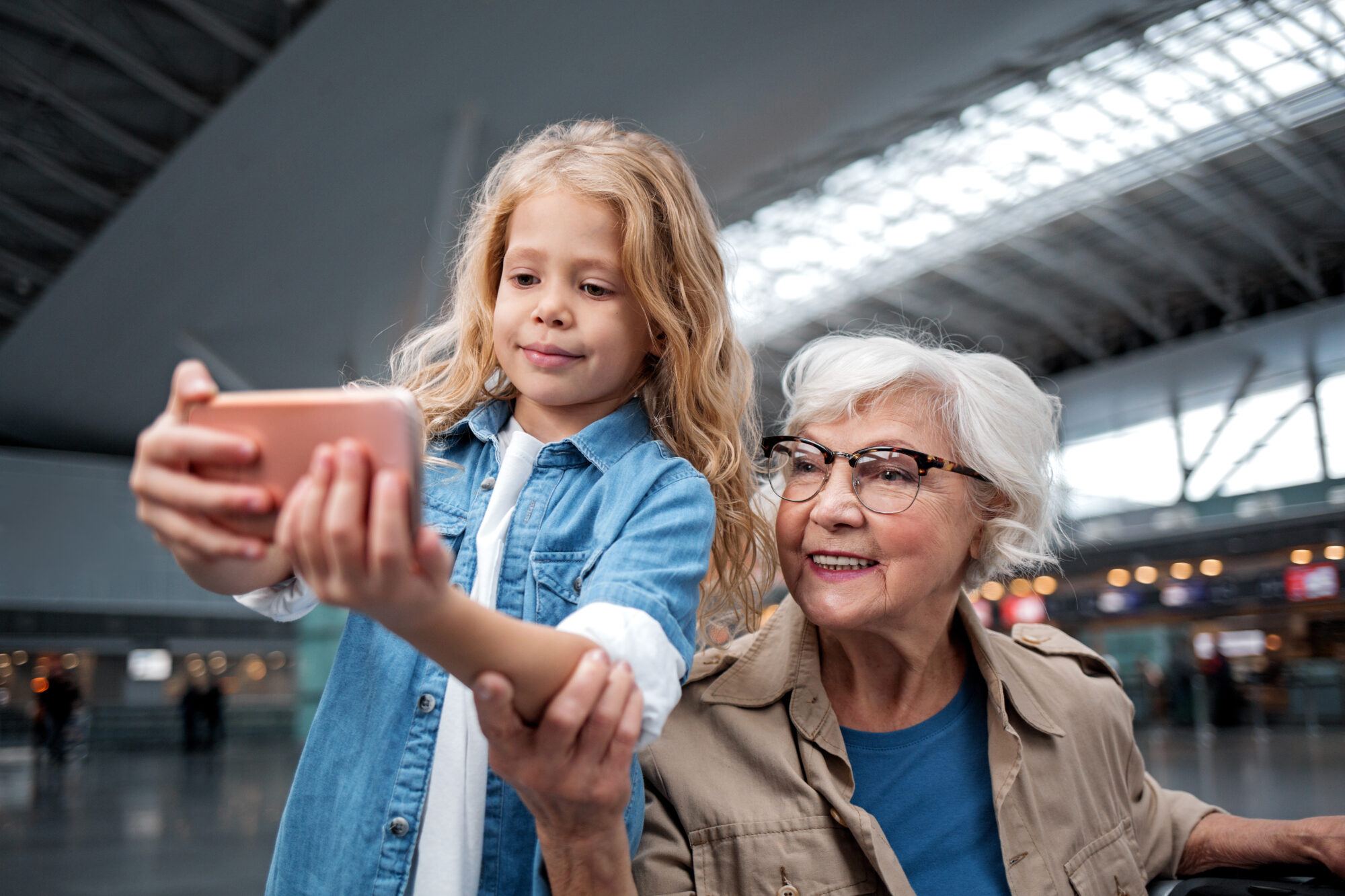
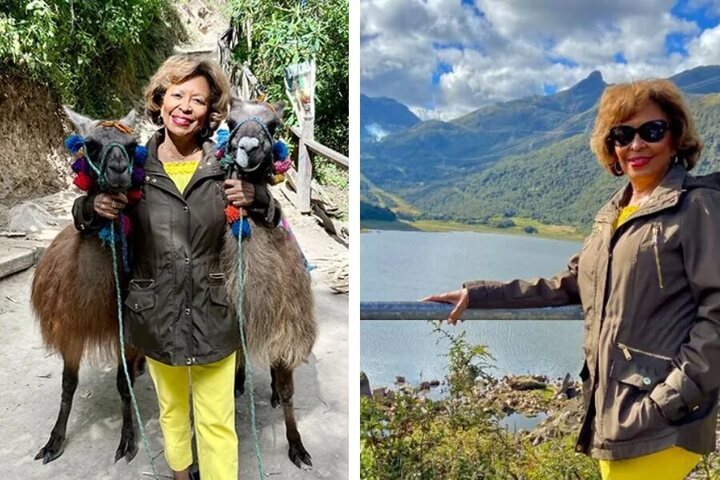
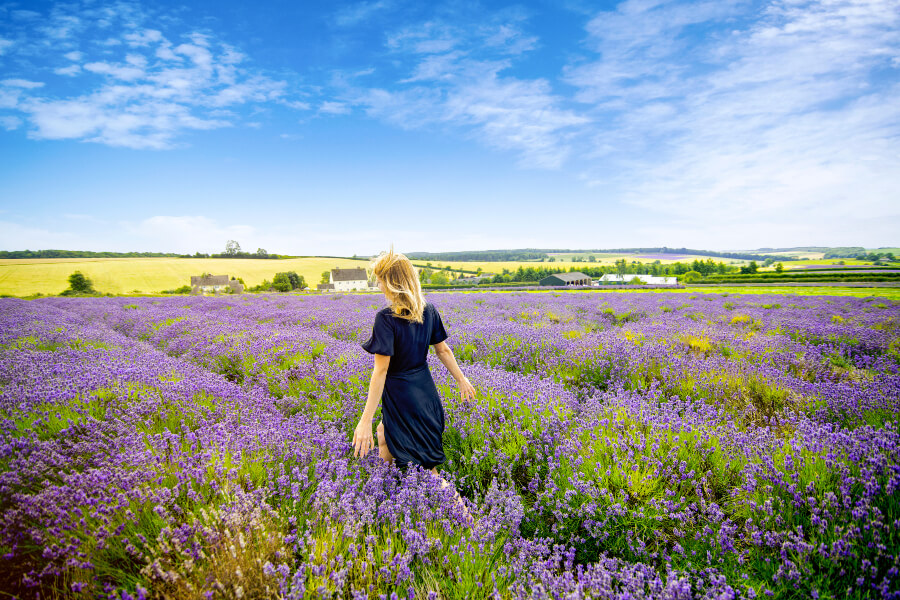
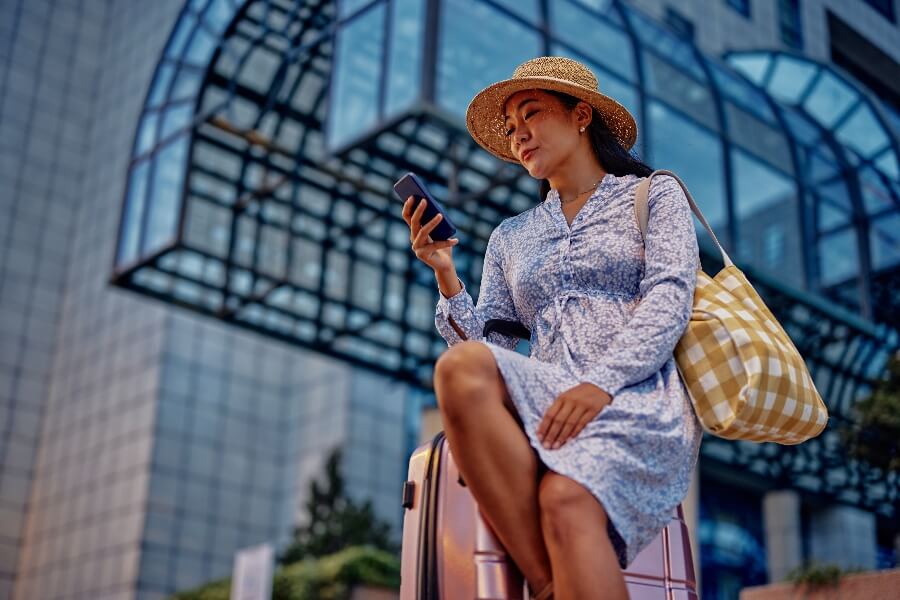




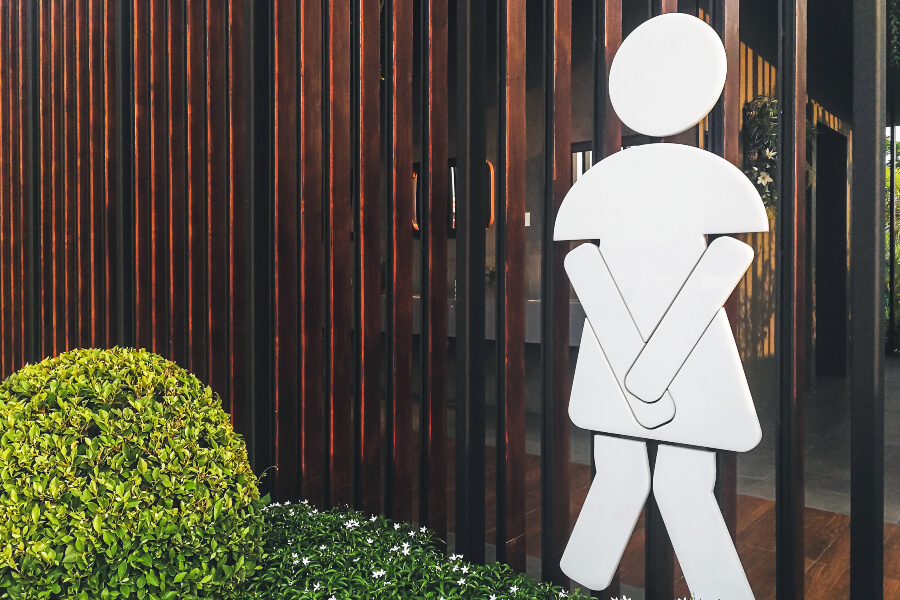


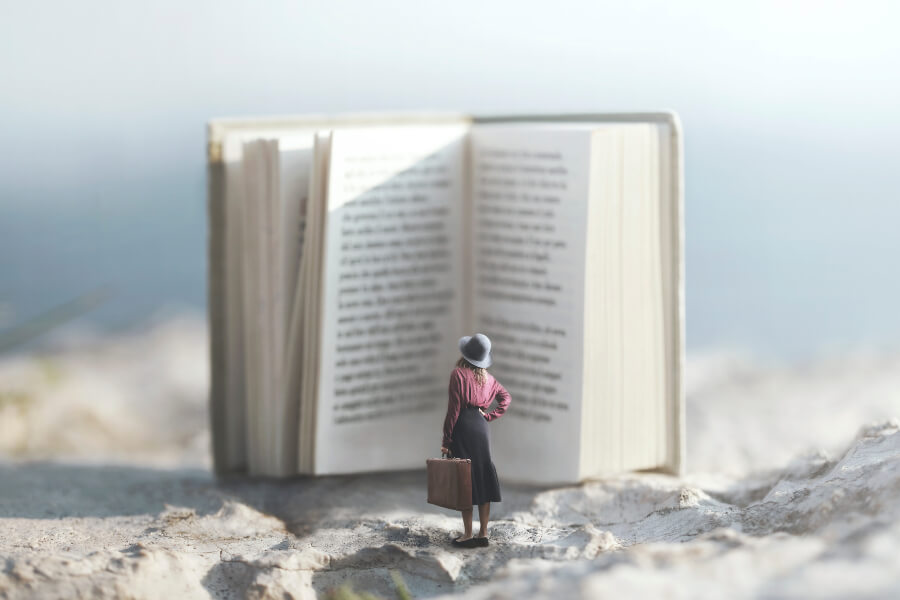

0 Comments